Kurt Schaefer has always lived a healthy lifestyle.
Eating right. Walking or running nearly every day.
So when doctors told him he had a partial blockage in his left carotid artery—and he should start high-intensity statin drug therapy to help combat heart disease—he wondered if there might be another way.
So began a journey for Schaefer and his wife, Anne.
The result? A whole new way of plant-based, whole foods eating—and plenty more life changes.
“I don’t think about what we have done as a diet,” Schaefer said. “It’s a reorientation of how you’re going to live your life.”
A re-examination
The journey started in summer 2019.
Schaefer, a 63-year-old retired economics professor at Calvin University in Grand Rapids, found himself hospitalized with a mystery illness. Doctors still aren’t sure about the exact diagnosis, but his neurologist thought it may be an exotic virus he picked up during a trip to Palestine or an auto-immune illness.
During his treatment, however, doctors found mild plaque buildup in his left carotid artery.
He started on the recommended statin medications, but he suffered negative side effects. Schaefer preferred to look into whether diet and lifestyle changes might do the trick.
This led him to Spectrum Health preventive cardiologist Thomas Boyden, MD, in March 2020.
“I really try to help people to understand their role in their health,” Dr. Boyden said.
The doctor educates them about how lifestyle changes—eating healthier, being more active, getting good sleep and reducing stress—can greatly improve their health and potentially reverse some chronic diseases.
That all struck a chord with Schaefer.
He started educating himself even more, first with the book “Prevent and Reverse Heart Disease: The Revolutionary, Scientifically Proven, Nutrition-Based Cure,” by Dr. Caldwell B. Esselstyn Jr.
He then watched a documentary, “Forks Over Knives,” and bought the accompanying cookbook.
He enrolled in an online cooking class about plant-based and whole foods.
Schaefer re-examined almost all aspects of his life: exercise, nutrition, sleep, keeping his brain sharp.
He set goals and started taking action.
He wouldn’t eat after 7 p.m. and he’d go to bed no later than 9 p.m.
He’d use a lighter blanket for sleeping, for instance, so at night he wouldn’t wake up feeling overheated.
He learned to meditate each day.
He kept to his daily woodworking projects and took an online Spanish course.
Schaefer recommitted to his exercise regimen, too, running a 5K three days a week and power-walking the other days. He added strength conditioning two days a week.
Then came eating.
Schaefer and his wife eliminated animal products, sugar, oil and processed foods.
“We were pretty low meat for a good number of years. We thought we were being pretty healthy,” he said. “But the penny that dropped for me was realizing that I was actually eating a highly processed diet because I had never thought of animals as food processors.”
Now they focus on plants and whole foods.
“We eat a lot of terrific food,” Schaefer said. “We have the ability to cook for ourselves, so we do scratch cooking all the time. We feel like our eating is so much more delicious now.”
Some of their favorites? Pumpkin soup. Buddha bowls. Homemade salad dressings. Roasted butternut squash and brussels sprout salad. Veggie burgers. Bean and lentil chili. Chickpea and celery salad.
And so much more.
“Two months into this, we actually went out and bought a new scale because we thought ours must have broken,” Schaefer said. “We were not dieting. We were eating all we needed and never felt hungry. But our weight was dropping very rapidly.”
A new adventure
Schaefer’s weight dropped from 186 to 149. His cholesterol level also dropped.
He felt more energetic.
Schaefer remembers being with his wife in a boat last fall, rowing into a strong wind on a lake for about 20 minutes.
“I said, ‘I don’t even feel like I’m exercising. I feel like I’m sitting in a chair,’” Schaefer said.
He recommends this way of life for everyone, although looking back, he admits it wasn’t easy at first.
So much of America’s social interactions revolve around not eating well, he said.
“We were leaving this sort of way of life behind and striking out on a new adventure,” he said. “And it’s not easy to take a chance like that.”
While Dr. Boyden knows this approach might not be for everyone, he’s all for it for those willing to make the commitment.
Some patients will resist medication for coronary artery disease and other chronic illnesses, but then they’re unwilling to do anything else to improve their condition, he said.
If they’re willing to make drastic changes, however—such as Schaefer did—Dr. Boyden is there to encourage them.
While medications treat and stabilize diseases such as high blood pressure, diabetes and heart disease, lifestyle changes can actually change and reverse the disease itself, he said.
“Eighty percent of heart disease is preventable,” Dr. Boyden said. “And it’s probably even slightly higher than that. Lifestyle is so critical.”
Schaefer feels no temptation to return to his old ways.
“I remember thinking, ‘Oh maybe I will do this for a couple years and clear out my arteries and then go back,’” he said.
Now he laughs at that notion. He recently looked at his original goal sheet and realized he’s done it all.
“It’s time to make a new sheet and add on a few stretch things,” he said. “It’s gotten to be a self-sustaining way of life.”
These new lifestyle changes present feelings similar to those you’d feel when living overseas, Schaefer said.
In the beginning, you miss home.
But then you adapt and change.
“It’s like that with eating,” he said. “I used to feel like, ‘Man, I would really like to have a donut today.’ But I’m kind of over that.”
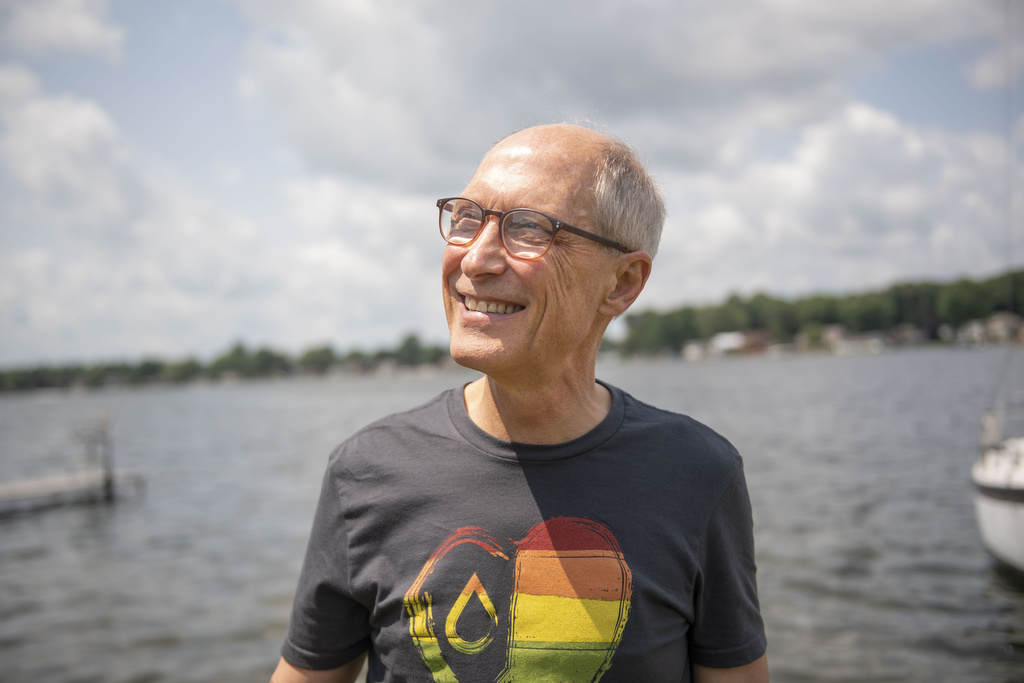

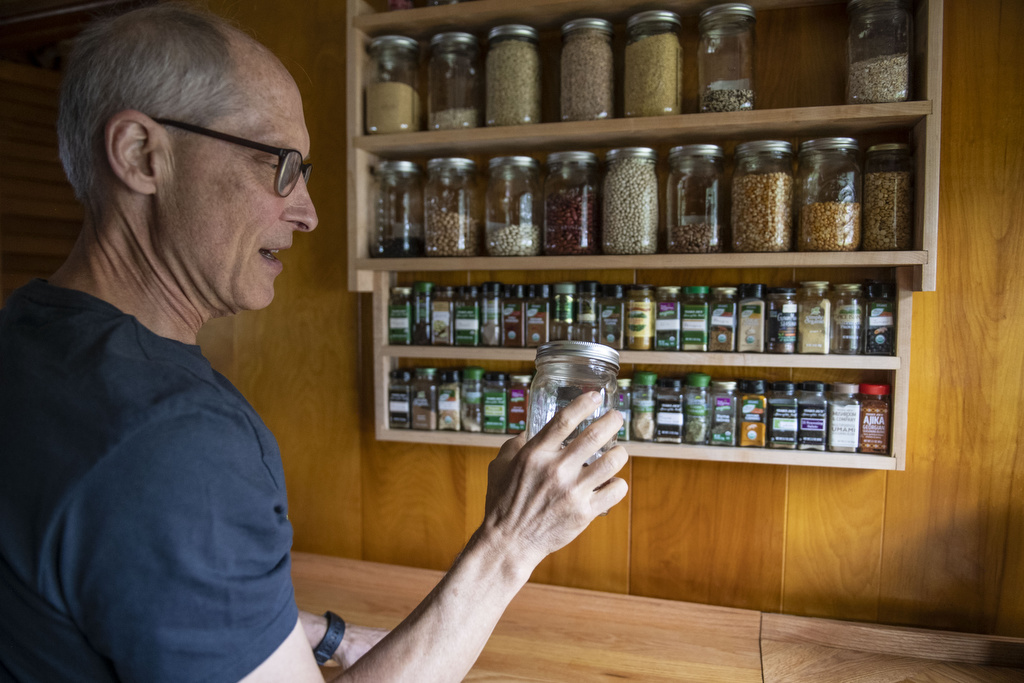
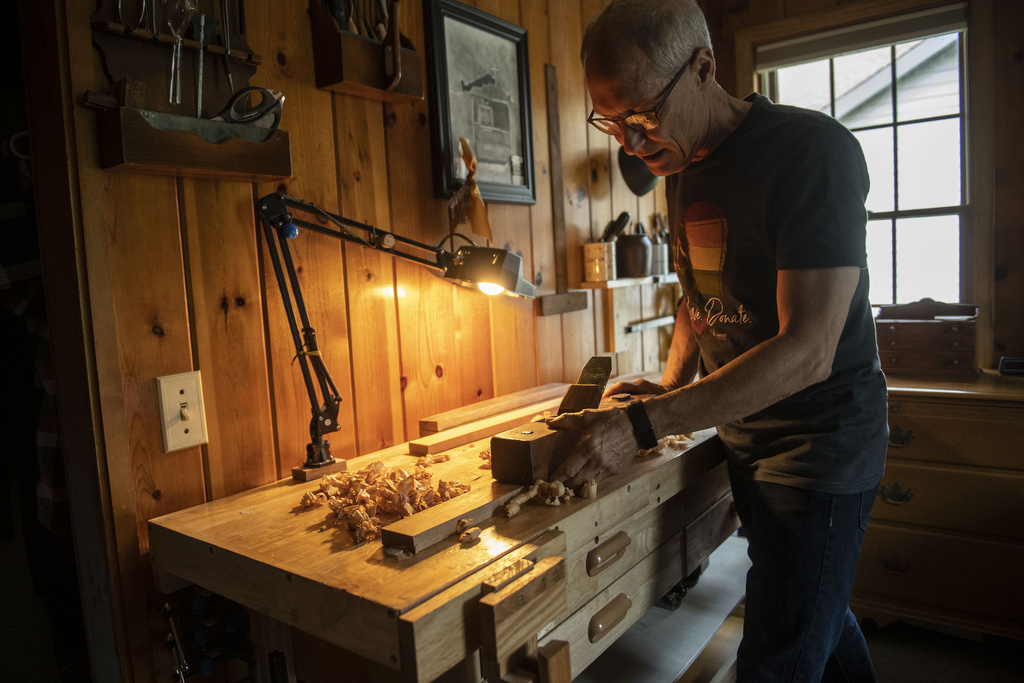
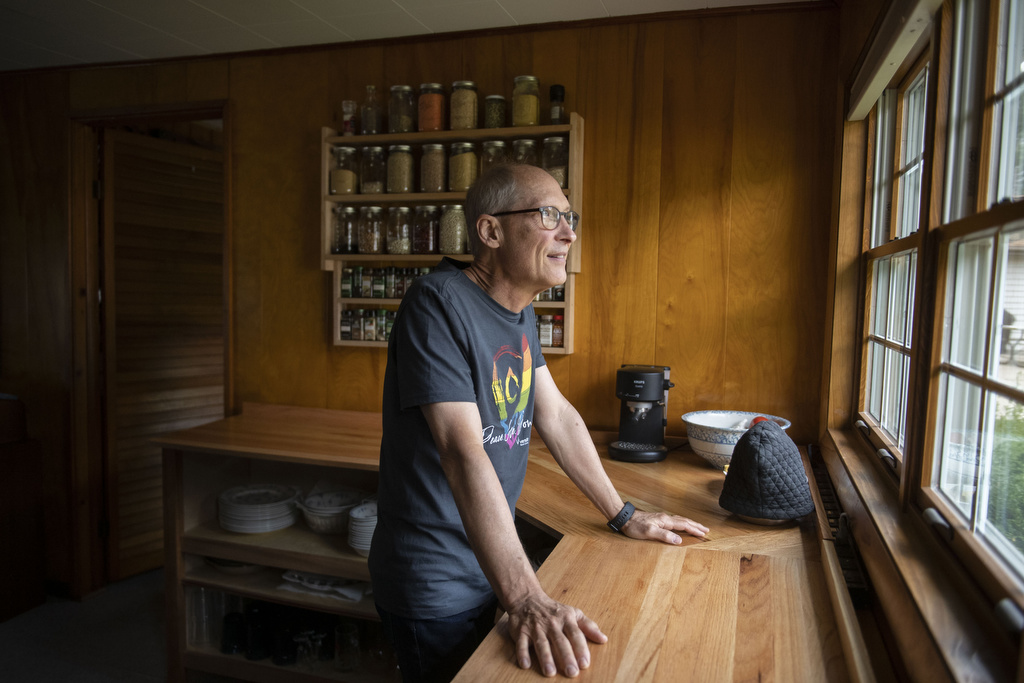
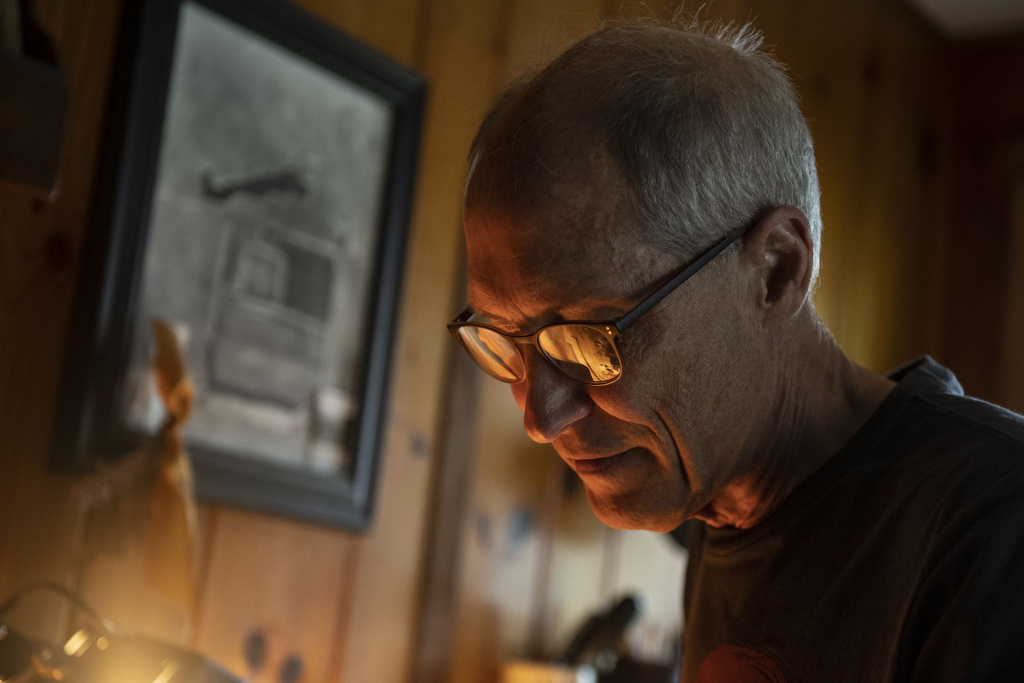
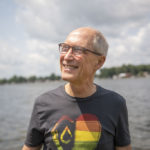

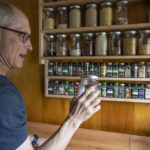
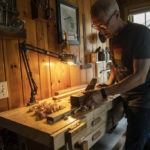
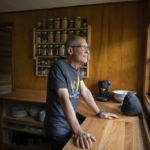
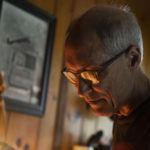
 /a>
/a>
 /a>
/a>
 /a>
/a>
I am looking at the whole food way of eating and this article was of high interest for me. I grew up in Poland and I don’t remember eating any processed foods except for an occasional treat. I have very little support among my American family, so it is quite challenging.
I would appreciate some sources of whole food recipes.